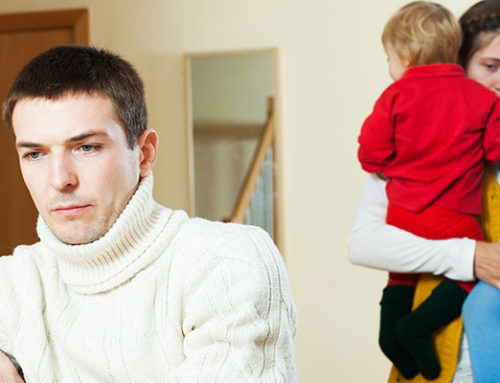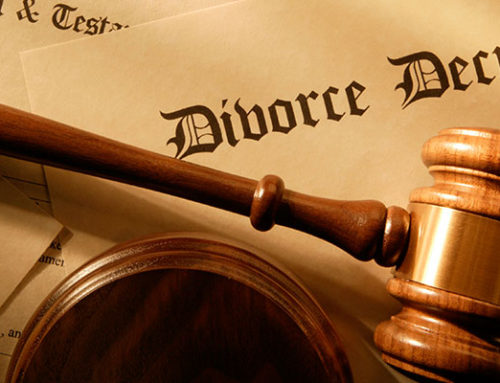There are a lot of things to consider when planning to divorce. For one, you need to hire the best divorce lawyers to help you with your case. Child support lawyers will also help you deal with child-related concerns during and after the divorce settlement. Likewise, spousal support lawyers specialize in dealing with issues related to financial support for an ex-spouse following the divorce.
Accidents happen in the least unexpected times. When someone gets involved in an accident, he or she has the right to claim compensation to settle any losses such as lost income, medical expenses, and even the physical and emotional impacts of such. It can be heaven-sent to be able to get claims due to an unfortunate accident, until your ex-spouse – the one who might not be involved in the accident – may attempt to claim a part of the said settlement.
Divorce and personal injury
One important question that should also be considered is whether a personal injury settlement can affect a divorce. For one thing, you might need to hire a personal injury lawyer or experienced family lawyer to assist you with this concern. More so, you will understand whether a personal injury settlement will be included in the division of assets following the completion of the divorce process.
As to the question of whether a personal injury settlement can affect divorce proceedings, it actually depends. In some instances, personal injury settlements are considered community property. Personal injury settlements can be divided into different benefits, of which some of them may be included in community property.
Your body can be considered as separate property. So any personal injury-related compensation can be considered as separate property as well. This includes any physical, mental, and emotional suffering you have endured. All of these won’t be included or even affect your divorce.
When personal injury settlement affects divorce
On the other hand, there are some instances that community properties can affect divorce settlement. For example, seeking personal injury settlement due to a vehicular accident might mean the compensation will be cut in half between you and your spouse.
The same may apply if you are seeking compensation for income loss. It might also be considered community property. So, there is a chance that the compensation is yet again divided between both spouses. Nevertheless, you can ask trusted divorce lawyers to clarify the matter.
Can my ex-spouse not claim any of the settlement?
Well, it depends on the situation. For example, your ex-spouse may still have the right to claim a part of your personal injury settlement even if you already get divorced. More so, if the ex-spouse is also affected by the said injury or even almost caused his or her life.
That said, there might not be any way for your ex-spouse not to get any settlements due to personal injuries. This is because some compensations are considered community properties that should be equally divided.
It can be more complicated if you have filed for personal injury compensation after your divorce but the said accident occurred while you are still married. Chances are, your ex-spouse can still claim a part of the compensation even if you are already divorced. Your ex-spouse might even take advantage of getting a part of the injury claim if you experienced financial difficulties after the accident.
Divorce and personal injury settlements can be a bittersweet mix. You can claim the compensation but your ex-spouse might as well. However, there are still ways to ensure that you will benefit better from the compensation. Make sure to hire top-rated divorce lawyers to achieve your legal objectives.
Conclusion
Divorce can be a stressful time between the soon-to-be-ex couple. Hiring the best divorce lawyers in Fairfax VA can help you navigate through the complicated process of divorce. Getting the amount you want upon filing a personal injury settlement can be already hard, more so if you add divorce into the mix.
What is clear is that there are community properties that can be divided or claimed by the other spouse even after a divorce. Some can be considered marital property if it is acquired within the marriage. However, some states ensure specific items earned by the person will be able to keep it even after the marriage ends.






